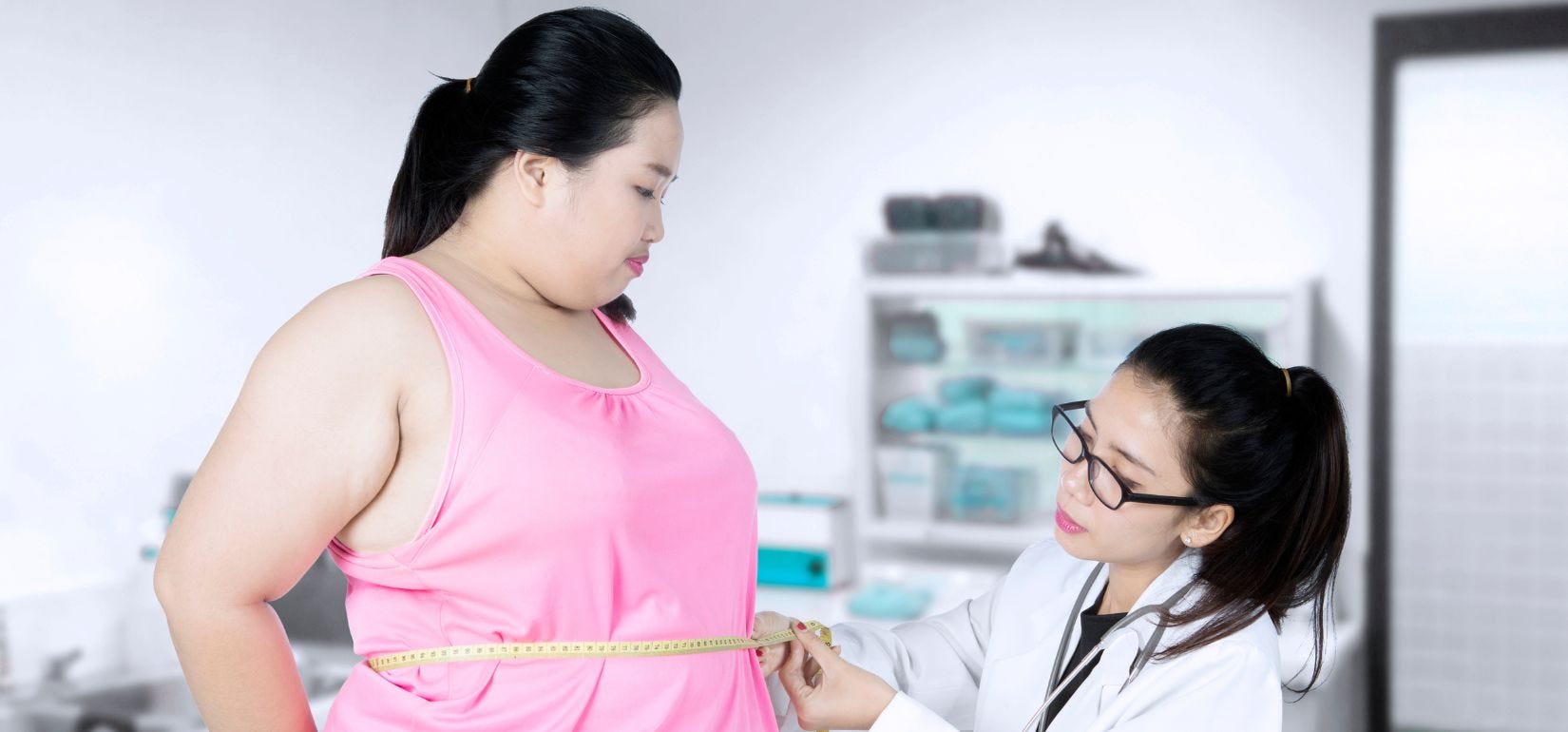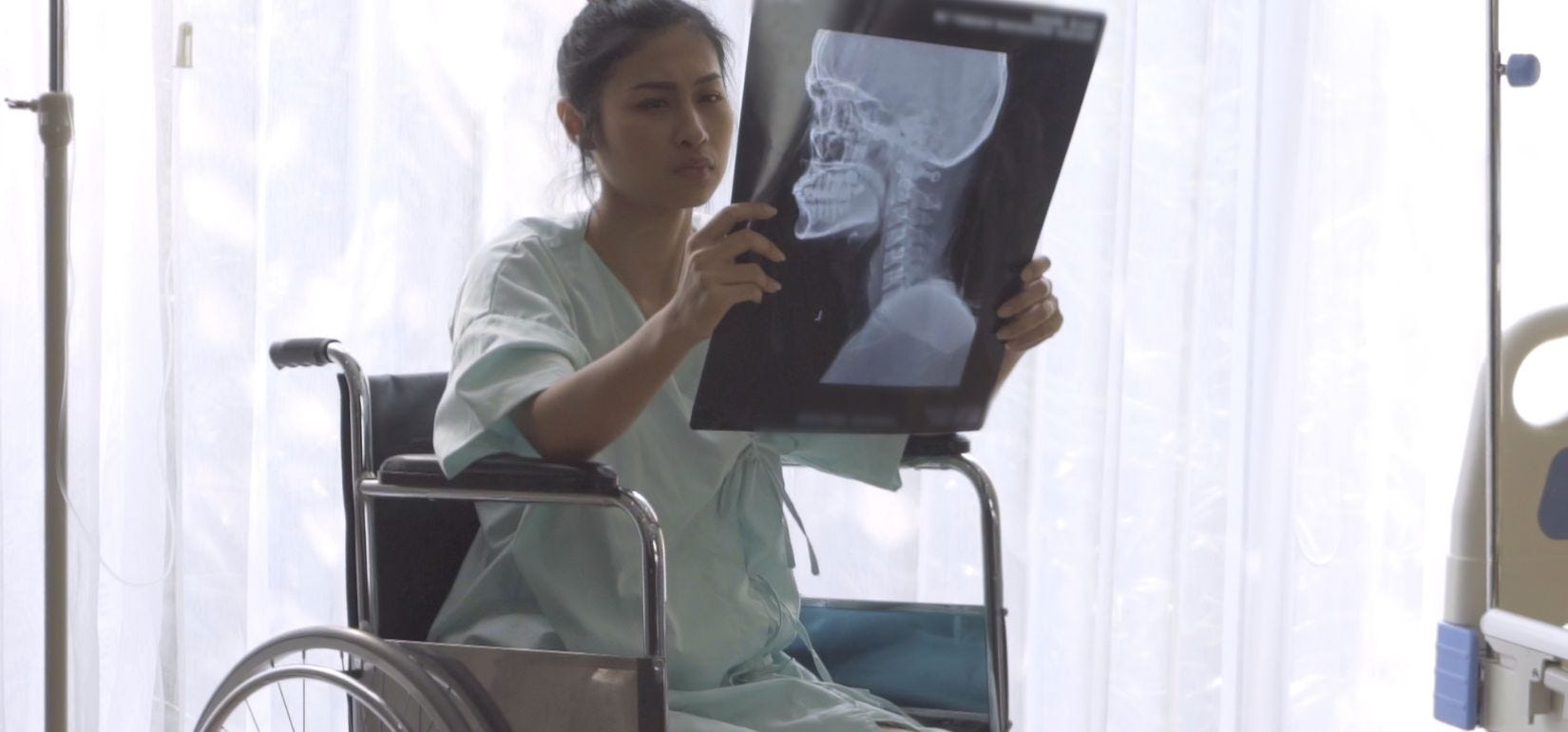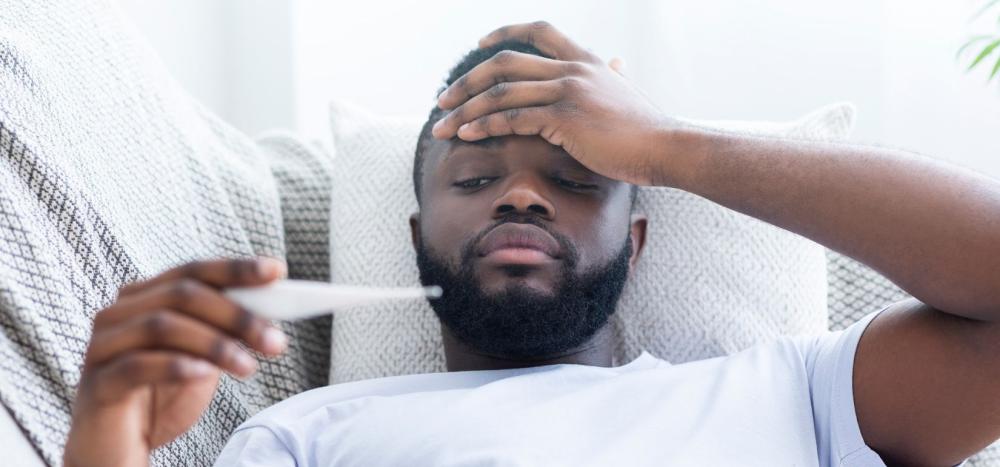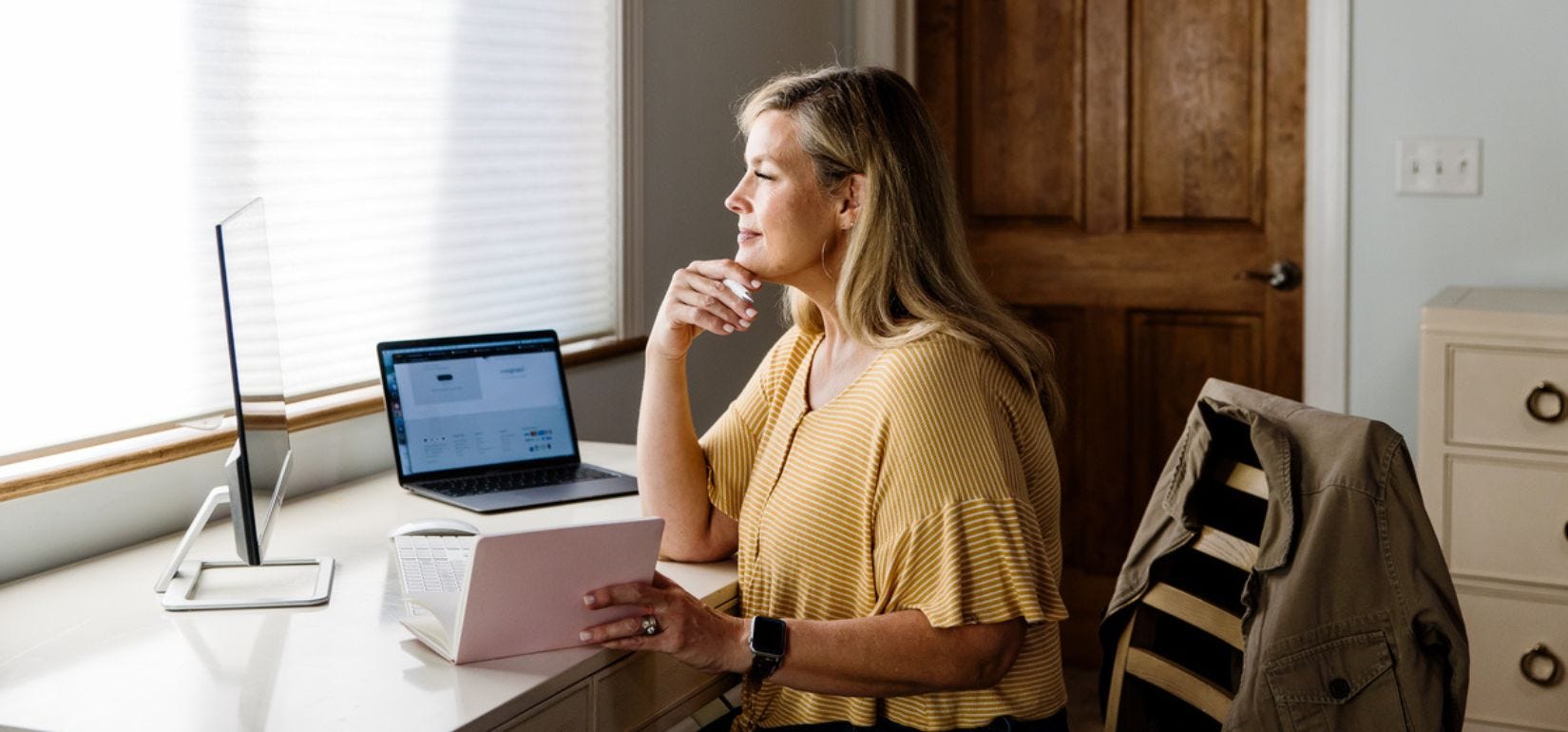This piece has been medically reviewed by Samantha Eaker DNP, CPNP-PC, Medical Advisor to Aeroflow Urology.
What Is Spina Bifida?
Spina bifida is a congenital birth defect of the spine where part of the spinal cord and its meninges (the protective coverings of the spine) are malformed and exposed through a gap in the backbone. Depending on the severity and location of the lesion or defect, Spina bifida can sometimes cause paralysis of the lower limbs and intellectual disability.
Four Types of Spina Bifida
Spina Bifida Occulta: The mildest form, Spina Bifida Occulta describes one or more vertebrae malformation. Occulta means hidden, meaning children with this type often have a layer of skin covering this malformation or vertebrae opening. This type affects about 10 to 20% of the population and does not usually cause a disability or symptoms – sometimes delaying diagnosis until late childhood or adulthood.
Spina Bifida Closed Neural Tube Defects: This refers to a group of spinal defects in which the spinal cord is marked by a malformation of bone, fat, or membranes. These patients may have little to no symptoms but can have partial paralysis and incontinence.
Spina Bidifia Meningocele: This occurs when the meninges jut out from the spinal opening in a sac – the spinal cord is not involved in these instances. The sac may or may not be covered by a layer of skin. There is usually little nerve damage if any at all –so some of these patients experience no symptoms while others have paralysis and urinary incontinence or fecal incontinence issues.
Check Your Eligibility
In 2 easy steps!
From catheters to pediatric and adult bladder control supplies, discover the continence care essentials covered by your insurance.
Spina Bifida Myelomeningocele: The most severe form, this occurs when a sac of fluid – including nerves and the spinal cord – comes through an opening on the spine. It often causes partial or complete paralysis below the opening and issues with incontinence of urine and / or stool.
Spina Bifida & Incontinence
People with Spina bifida often experience incontinence for a variety of reasons.
Neurogenic bladder. You may have nerve damage which can interrupt the link between the brain and the bladder muscles. As a result, you may not feel the urge to go or change how your bladder works. This is known as a neurogenic bladder and can impact their bowels, causing a neurogenic bowel.
Limited mobility. Some people with functional incontinence may recognize the urge to go, but due to physical or intellectual disabilities, they cannot make it to the toilet in time. In some instances, incontinence will improve or resolve over time, but in other cases, it can only be managed or optimized with close medical care. There are several ways to make incontinence treatment a little easier if you have Spina bifida.
Managing Incontinence in Spina Bifida
Be There for Your Loved Ones
First of all, be supportive and understanding of your loved one. Incontinence can be embarrassing for both children and adults - even though it is not their fault. Never react out of frustration and let them know that you’re there to help.
Be Prepared With Incontinence Supplies
Have enough protective undergarments to make it through special events and your daily routine. The same goes for catheters; if your loved one can’t empty their bladder on their own - pack extras!
Also, don’t forget a change of clothes if an accident occurs, and chux or bed pads that can protect beds and other furniture.
Because incontinence is generally associated with an underlying medical condition, most Medicaid plans cover incontinence supplies.
Fill out our Eligibility Form to see if you qualify to have Aeroflow Urology cover your supplies.
Develop a Healthier Lifestyle
Leading a healthier lifestyle can reduce the negative impact of incontinence. For healthier bowel movements, eat a diet full of:
- Fruits
- Veggies
- Fiber
Avoid bladder irritants that can make incontinence symptoms more intense, such as:
- Sugary and carbonated drinks.
- Food dyes.
- Caffeine


Regular exercise is another way to relieve stress on the system and can optimize bowel movements and help avoid constipation.
Bladder Training
Don’t wait for your loved one to have the urge to pee. Instead, remind them every few hours to go so they can hopefully avoid accidents. Voiding after meals can also help.
You can also help your loved one, depending on the level and severity of their Spina bifida lesion, train their bladder by working on the ability to hold their urine. Once they have the urge to go, encourage them to hold it for a minute and gradually add on more time as their bladder control grows stronger.
You can also keep a bladder diary to keep track of what irritates your loved one's bladder, what times they usually need to urinate, and as a reference for your healthcare provider.
Don't Skip the Doctor Visits
It’s essential to see a urologist regularly to ensure your child or loved one has a safe and optimal bladder, kidney, or bowel function.
Some people require frequent monitoring, whereas others may only need to be seen yearly or less frequently. Close monitoring can help identify issues that can cause long-term damage.
Plus, the urologist may have updated treatment practices and solutions to provide.
One Family's Experience With Spina Bifida
Hey there! My name is Hannah.
My husband, Shane, and I met in 2009, married in 2013, and after quite some time of trying, in December 2016, we found out I was pregnant. Shane and I were so excited about this new adventure of parenthood we were about to embark on. However, the thought of Special Needs never really crossed our minds.
On Valentine’s Day 2017, we found out we would be having a boy,
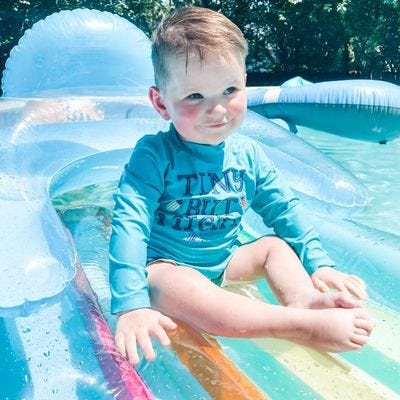

Nehemiah (A.K.A. Nehem). I was only 16 weeks pregnant and shouldn’t have had another appointment for four more weeks, but my doctor casually asked me to come back in three weeks. I didn’t think much of it at the time; I was just excited to see my son again!
I went back three weeks later with my husband for our full anatomy scan with absolutely no concerns. After the ultrasound, my doctor sat us down and mentioned that she had seen some extra fluid on Nehem’s brain and wanted to send me for a level two ultrasound with a Maternal-Fetal Medicine Specialist.
On March 13, 2017, we received the news that Nehem had a neural tube defect, more commonly known as Spina bifida. We were given the worst-case scenario, and one of the side-effects of Spina bifida the specialist highlighted was incontinence in children. Shane and I were absolutely devastated at the time. We had no idea what this meant for our son, his future, and what it would take to raise a child with special needs. After voicing to the doctor that we were sure that we wanted to continue with the pregnancy, we were sent to a larger children’s hospital. The new doctors and specialists equipped Shane and me with resources, specialists, and an amazing team that helped prepare us for Nehem’s arrival.
Nehemiah joined us on July 27, 2017, and has been defying odds since. Other than using a set of bright orange wheels to get around, Nehem looks, talks, and acts like a typical kid - which can sometimes be confusing when I explain that even though we are approaching his third birthday, potty training isn’t on the horizon for us. Because Nehem’s spine didn’t fully form, the nerves that control his bowel and bladder never formed or are severely damaged. This is why incontinence is one of the common side effects in people with Spina Bifida.
When Aeroflow reached out to me, I immediately recognized their name from working with their breast pump department when I was pregnant with Nehem’s sister, Mary-Catherine, in 2019. All I did was fill out a form. They contacted my insurance and had the pump to my house within a week, at no cost! I knew that this was a great company, and I was excited to partner with them. Aeroflow Urology provides families of children with disabilities such as Spina Bifida incontinence supplies like diapers, wipes, pull-ups, and gloves. Their Continence Care Specialists will reach out to your doctor to obtain a prescription, contact your insurance company for you, and have the supplies sent right to your door!
I am so excited to spread the word about this incredible company! During my lunch breaks, I have spent so much time on the phone with medical supply companies because our order was wrong or calling my insurance company to find out what supplies are covered. Do you know how many hours could have been saved had I been using Aeroflow all along?
To determine if you qualify for incontinence supplies through Aeroflow, fill out the qualification form and let them do the rest! They make it so easy!
Continence Care Products for Individuals with Spina Bifida
Our Continence Care Specialists are always here to help.
One representative will be matched with you to answer all of your questions and to assist with every step of the way, from making sure you have properly fitting items to seeing if you need to make any changes on a monthly basis.
Your, or your child's, quality of life can be greatly improved with proper continence care products. From catheters to bladder control pads, Aeroflow Urology can provide all of your continence care supplies through insurance.
Information provided on the Aeroflow Urology blog is not intended as a substitute to medical advice or care from a healthcare professional. Aeroflow recommends consulting your healthcare provider if you are experiencing medical issues relating to incontinence.



